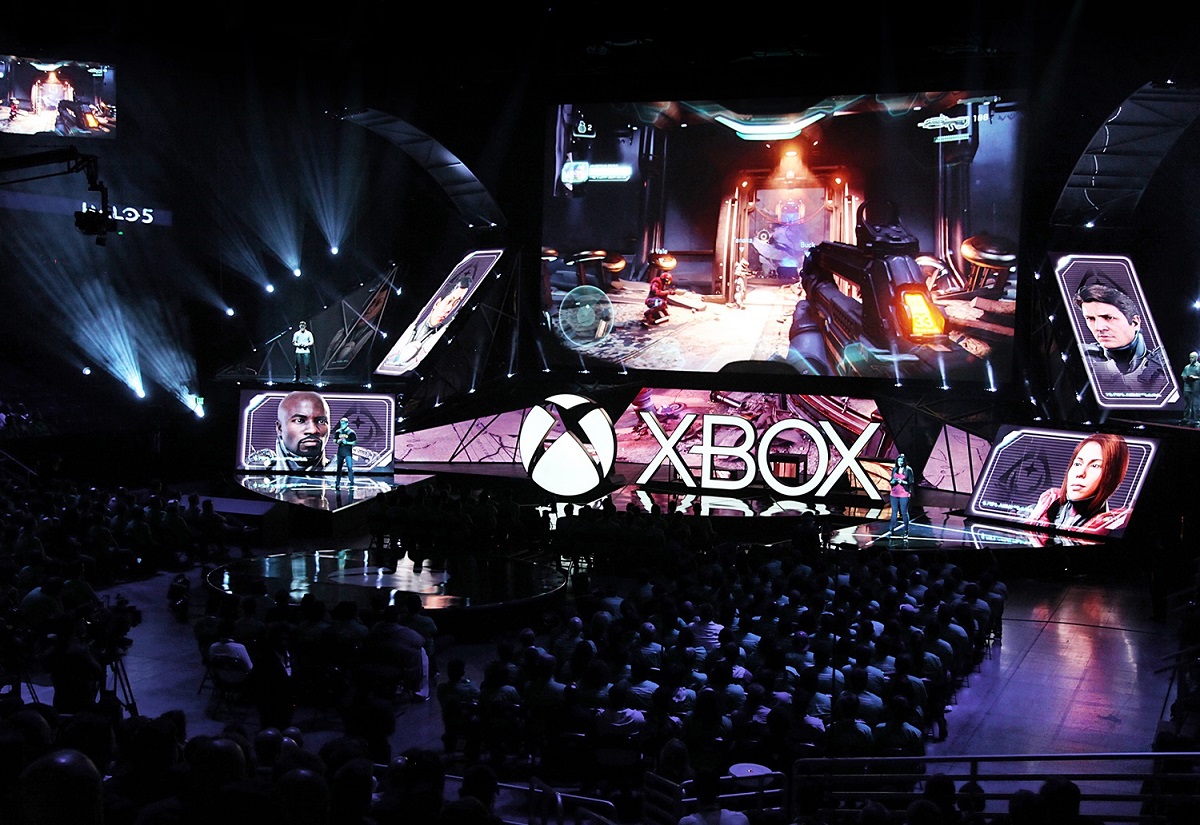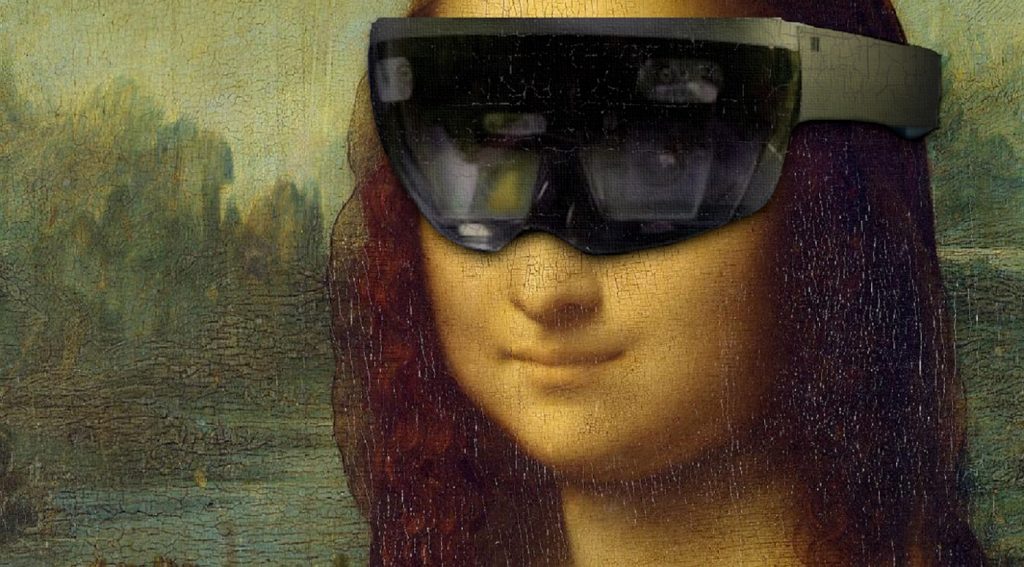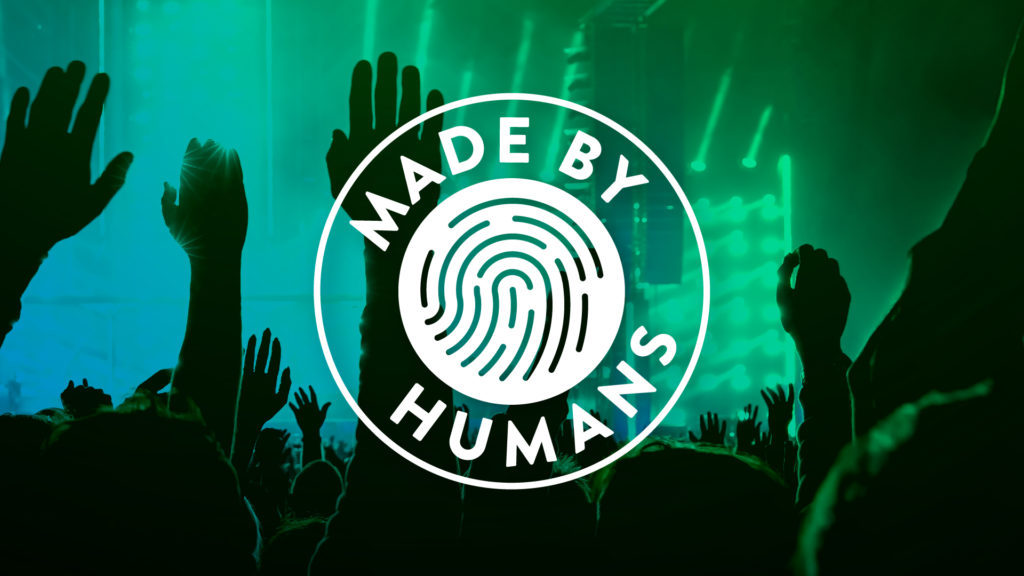What Does The Cancelation of E3 Mean For Gaming Events?

The cancelation of E3 sent reverberations through the gaming events community and when the industry’s leading press EventMarketer asked 2Heads for commentary, it got us thinking on what’s next for gaming brands.
We spoke to our Strategy Director Bertie Ager and Dan Hall, Business Director, about how to pivot in the wake of this critical shift.
It’s no big secret that E3 attendance numbers have been declining since before the pandemic. Nonetheless the last-minute cancelation of this bold, dynamic show is a of huge consternation to the industry… and hopefully a wake up.
Since 2017, E3 has been shifting from an all-encompassing industry event to a public convention and showcase; an event which could be covered from home without the cost of attendance. That is the demographic attendees Xbox, Nintendo, and non-attendees like Sony and EA both want to attract; the online ‘gamer’.
There is a lot of commentary about how some of the big guns backed out in previous years, and how the industry is reliant on three or four companies for success but we believe the failure of E3 and the subsequent rise from the ashes of gaming shows comes from creating events that ‘fit’ better with what a gaming brand does.
Gaming brands launch and update games constantly, so maybe the cost of putting one large exhibition experiences doesn’t make sense anymore. A rigid tradeshow approach doesn’t help an industry that relies on getting ‘playable code’ ready in time. Imagine it – the studio is late by one week and the whole focus for E3 fails.
We would suggest a different model for the gaming industry that’s more decentralised and focuses on regional attractions. Gaming is an industry focused on creating virtual worlds with limitless possibilities and tradeshows haven’t changed in a century, so maybe a new approach is due; one that connects that values innovation even more than experience.
E3 went digital in 2021 with some success, and though this was in response to the pandemic, there is a strong argument for E3 to return as a hybrid event. For organisers to give the event an online presence but in a meaningful way. What if we gave the gamers and players control and a share of voice with eyeballs on their channels through the likes of Twitch etc? Imagine using activations to switch focus from developers and manufacturers to the following and reach of their fans – this is an influencer industry after all.
We would create events that would leverage the millions of ‘views, likes and shares’ of a streamer’s content, to reimagine games launches and big announcements in a language that connects with this new order. It can be done, look at ComiCon, WonderCon, AnimeExpo – they’re as popular as ever because they are cool for fans, but even they’ve yet to discover the nirvana of hybrid events that create a true virtual counterpart to the live event.
If E3 and the gaming industry do adopt a hybrid approach, we would recommend that it is, by its nature, content driven. The content can still be used regardless of the event and if it has currency; features new footage, gets fans closer to the game they love, gives them access to development, then it will definitely be attractive to fans who live for gaming 24/7. Create FOMO and gift loyal fans with experience they want; let them meet sponsored e-athletes for free and then exhibitors can still engage with the audience who would have been attending E3, but on their own terms.
Subscribed to EventMarketer? Read the full article here.
Interested in fan-focused events and content-driven experiences, give us a call or contact us here.


